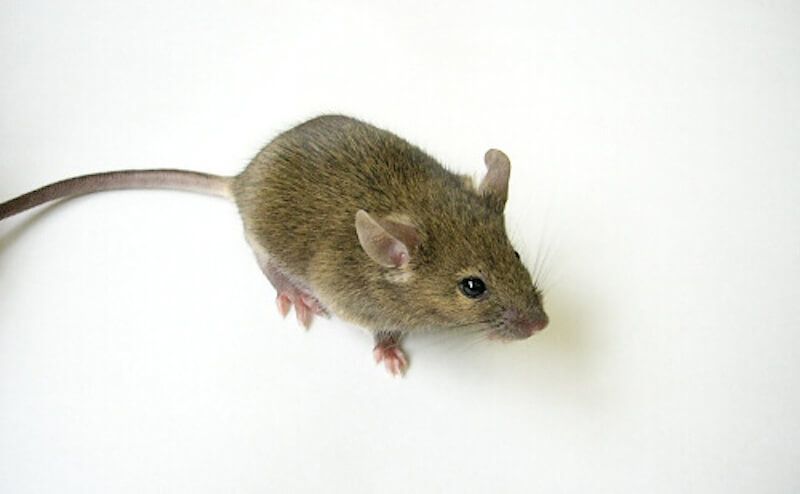alpha-Glycosyl Isoquercitrin (AGIQ), is used in Japan as a food additive and was granted generally recognized as safe (GRAS) status in 2005 (FEMA) and 2007 (FDA). The safety and toxicity information for AGIQ is sparse and therefore, the carcinogenicity potential of AGIQ was examined in the CByB6F1-Tg(HRAS)2Jic (rasH2) model. One hundred female and male rasH2 mice, each, were allocated to one of four designated dose groups; 0 (control)%, 1.5%, 3.0% or 5.0% AGIQ. Animals were administered the diets for six months and an additional 10 females and 10 males, each, were administered a positive control, N-methyl-N-nitrosourea (MNU). Body weights and clinical observations were collected. A full screen necropsy, organ weights, clinical chemistry, urinalysis and histopathology were performed. The positive control animals elicited appropriate responses specific to this strain (rasH2) of mice. There were statistically significant sporadic non-dose-dependent changes in clinical chemistries without corresponding pathological correlation. No microscopic AGIQ-related findings were noted; the range of pathology observations were all considered background findings, either specific to rasH2 mice or common to inbred strains of mice. Therefore, under the study conditions, the no-observed-adverse-effect level (NOAEL) was determined to be more than 5.0% (7215.4 mg/kg BW/day in male mice and 14685.5 mg/kg/day in female mice).
alpha-Glycosyl Isoquercitrin (AGIQ) and its lack of carcinogenicity in rasH2 mice
View as PDF
Debabrata Mahapatra, Douglas A. Donahue, Abraham Nyska, Shim-mo Hayashi, Mihoko Koyanagi, Robert R. Maronpot
View as PDF